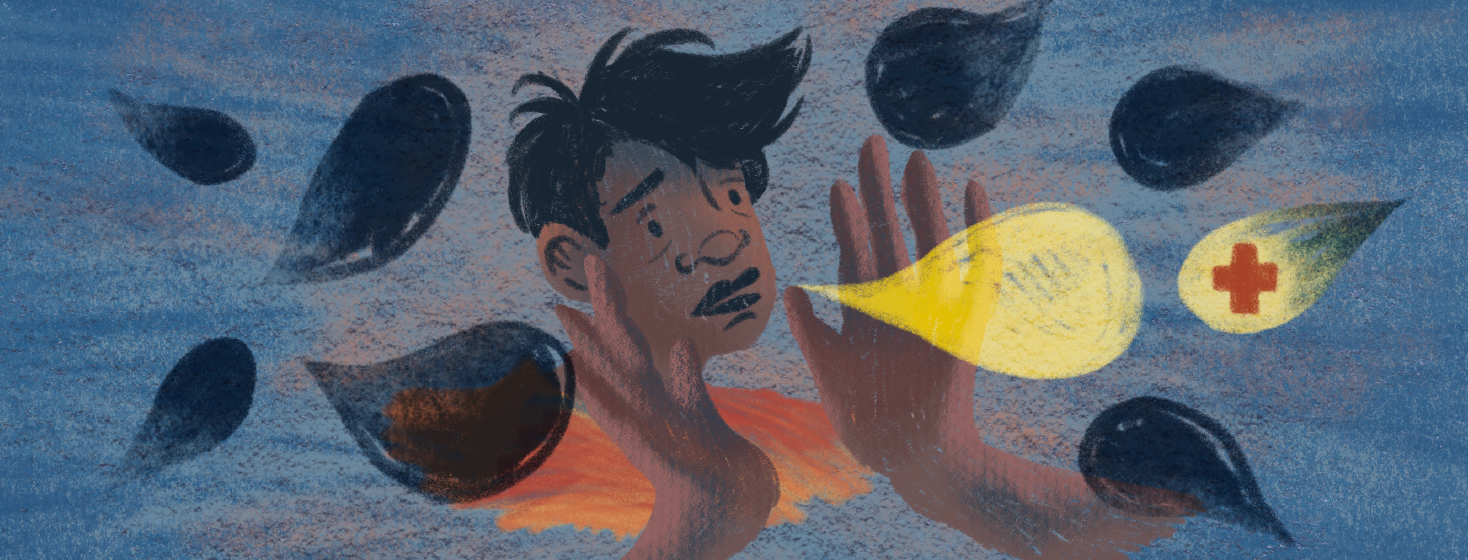5 Changes I Would Like to See in the U.S. Healthcare System
As someone who has been to many, many doctors for multiple chronic illnesses and a rare disease, there are so many things I wish for in the American healthcare system.
I want doctors to understand more conditions
I have celiac disease. While I have many “classic” symptoms like GI distress, I also experienced tooth enamel damage, one of the many less-obvious symptoms.
On one visit to my dentist, he noticed that the damage had stopped progressing and asked if anything significant had happened within the last year or so. I explained that I had been diagnosed with celiac disease and had begun treatment. I hoped that the next time one of his patients was experiencing unexplained similar damage, he would suggest they speak with their doctor about getting tested.
I fully understand that doctors cannot possibly recognize the signs for every medical condition in the world, but our conditions do not exist in a bubble. Human bodies are complicated, and yes, something that was happening to my teeth was caused by a medical condition largely related to the intestines.
I hope more doctors learn about other conditions they may see symptoms of in their practice, so they can refer their patients to the proper specialist. Hopefully, others in the community searching for help would get answers faster.
I want equality for all patients
Not everyone is treated equally. Unfortunately, many patients experience racism, sexism, ableism, classism, and more while seeking help for serious conditions.
I’ve experienced sexism on several occasions. One male doctor refused to prescribe me a common pain medication (not a narcotic) for a UTI. I told him it was prescribed to me on previous occasions, and he said I didn’t need pain medication, but I should get it over the counter if I wanted it. I further explained that I was in an incredible amount of pain, and the over-the-counter option is a much lower dose that costs 15 times more compared to the prescription medication.
He still refused. I told this story on my Instagram, and my female-identifying friends who are doctors were infuriated. Other friends had a similar story, and unfortunately, many people wrote to me to say their male doctors never told them that pain medication specific to UTIs even existed. This is clearly a problem.
I want health care to be accessible for all patients
I wish obtaining health care was accessible and affordable for all – without high costs, hidden fees, or insurance tied to marriage/work. No one should fear being stuck in a toxic work environment or relationship for fear of losing insurance.
I’m very fortunate to live in New York City, where I have access to many different doctors and specialists. I’ve spoken with others in the community who live in small towns and must travel hours to see their doctor. Don’t like that doctor or need a second opinion? Maybe the next specialist is an extra 2 hours away. Between the travel, missed work, childcare, lack of time, insurance issues, and extra costs, getting necessary care could be impossible.
I want insurance companies to trust doctors
Why is it that insurance companies can decide what is medically necessary? That insurance representative has never met me and is not a medical professional. I believe that determining what type of care is medically necessary is something that should be done by doctors.
I want doctors to trust their patients
All too often, I hear from others in the rare disease and chronic illness communities that doctors don’t listen to them when they say they are in pain or are experiencing symptoms.
Once, a doctor looked at my chart and said, “What does this mean that you have celiac disease?” I looked at him, confused. “It means that a doctor diagnosed me with that condition through a blood test and endoscopy?” “Oh, well, a lot of people say they have this but are faking it.” I was shocked and didn’t know what to say. I took my test results and went to a different doctor.
What challenges have you faced within the healthcare system? What do you wish for the future of the healthcare community?

Join the conversation